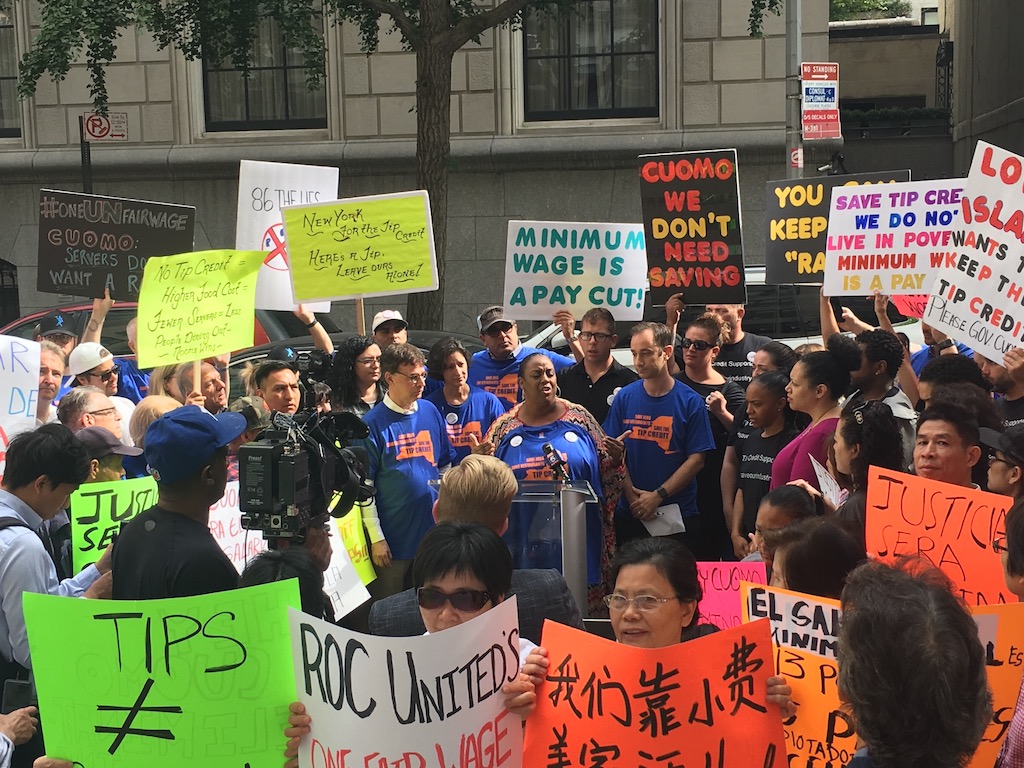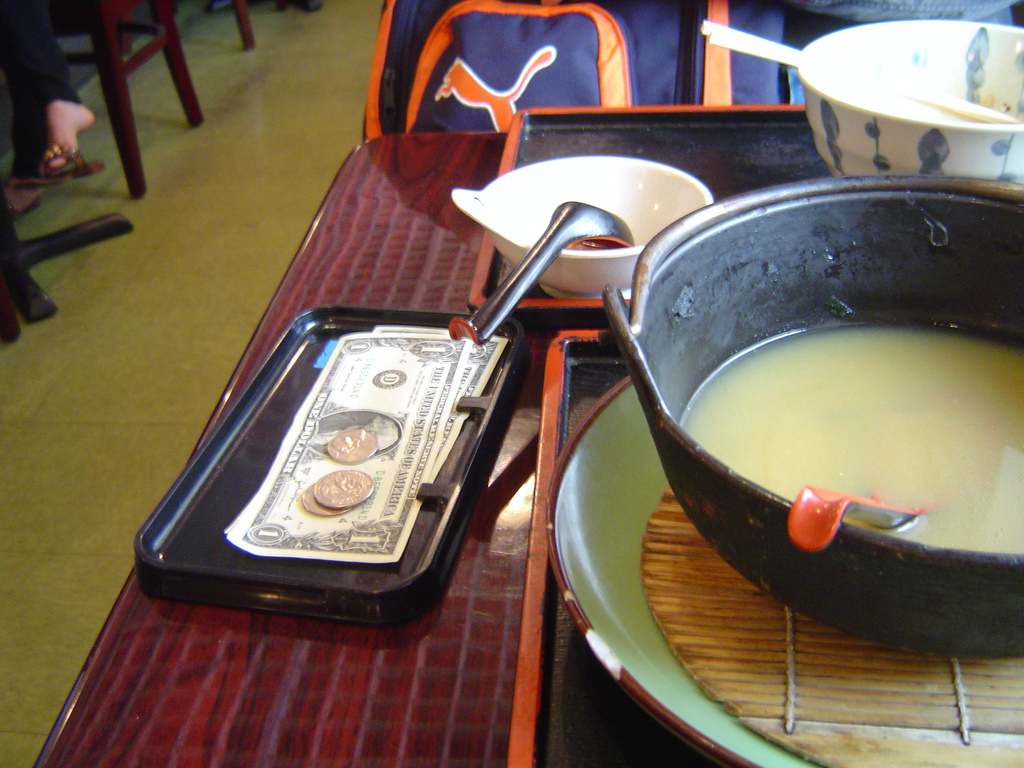Department of Labor greenlights mandatory tip pooling
On Tuesday, December 22, the Department of Labor announced a final rule that would make it legal for some restaurants to implement mandatory tip pools—and force front-of-house servers and bussers to share their earnings with the cooks and dishwashers in the kitchen. As we’ve previously reported, this rule is a triumph for the restaurant industry, because tip pools can help businesses cut down on labor costs, and provide some regulatory clarity. It likely means big changes for restaurant workers in a few select states—namely, California, Nevada, Oregon and Washington.
When the rule was first proposed in 2017, it was met with swift backlash from labor advocates who said it would allow unscrupulous managers to pocket tips instead of distributing them to employees, a form of wage theft. In 2018, the rule was revised to explicitly prohibit them from doing so, but even with the protective provision, it’s likely to ruffle feathers. In big cities, and in fine-dining establishments, it’s not unusual for servers to bring home six-figure earnings, largely due to tips. Under the new rule, they stand to lose at least $4 billion in earnings, according to analysis from the Economic Policy Institute.
And while the pay disparity between those servers and the workers slaving away in hot kitchens is a contentious issue that those in restaurants would like to see addressed, some question the wisdom of balancing the scales on the backs of workers. Labor advocates are likely to see the rule as a gift to restaurant owners, who can now boast about raising wages, without having to spend any more of their own money. The rule, which goes into effect in February, won’t apply to every restaurant—only those where employers don’t take a tip credit to pay their front-of-house employees a subminimum wage, and where state law doesn’t prohibit tip pools.








